
What is CREDO-N®?
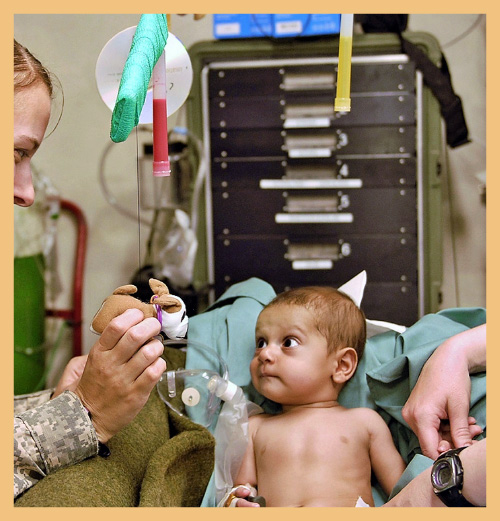
CREDO-N® comprehensively diagnoses the quality and application of the hospital’s ‘nursing credo statement’. CREDO-N® is based on our proprietary framework on ‘nursing care philosophy’. CREDO-N® combines four elements of the nursing credo with hierarchical and causal logic. First is the matter of ‘identity and calling’ of the individual nurse. Second is the underlying ‘philosophy (and approach) towards nursing’. In this, CREDO-N® assesses for the three concepts of ‘holistic nursing’, ‘altruistic care model’, and ‘patient centricity’. Third is the matter of skills – specifically the treatment of ‘knowledge’, ‘caring relationships’, ‘quality and safety’ and ‘patient’s journey management’. Fourth is the assessment of ‘enabler mindsets’ – the nurse’s role towards self, towards colleagues, and towards the organisation.
CREDO-N® assesses the quality of the hospital’s ‘nursing credo statement’. Based on our proprietary framework in the area of ‘nursing care philosophy’, CREDO-N® combines four elements of the credo with causal logic. First, ‘identity and calling’ of the individual nurse. Second, ‘underlying philosophy of nursing’. In this, CREDO-N® assesses for ‘holistic nursing’, ‘altruistic care model’ and ‘patient centricity’. Third, ‘skills’ – specifically ‘knowledge’, ‘caring relationships’, ‘safety’ and ‘patient journey management’. Fourth, ‘mindsets’ – the nurse’s role towards self, colleagues and organisation.
CREDO-N® assesses the quality of the hospital’s ‘nursing credo statement’. Based on our proprietary framework in the area of ‘nursing care philosophy’, CREDO-N® combines four elements of the credo with causal logic. First, ‘identity and calling’ of the individual nurse. Second, ‘underlying philosophy of nursing’. In this, CREDO-N® assesses for ‘holistic nursing’, ‘altruistic care model’ and ‘patient centricity’. Third, ‘skills’ – specifically ‘knowledge’, ‘caring relationships’, ‘safety’ and ‘patient journey management’. Fourth, ‘mindsets’ – the nurse’s role towards self, colleagues and organisation.
CREDO-N® assesses the quality of the hospital’s ‘nursing credo statement’. Based on our proprietary framework in the area of ‘nursing care philosophy’, CREDO-N® combines four elements of the credo with causal logic. First, ‘identity and calling’ of the individual nurse. Second, ‘underlying philosophy of nursing’. In this, CREDO-N® assesses for ‘holistic nursing’, ‘altruistic care model’ and ‘patient centricity’. Third, ‘skills’ – specifically ‘knowledge’, ‘caring relationships’, ‘safety’ and ‘patient journey management’. Fourth, ‘mindsets’ – the nurse’s role towards self, colleagues and organisation.
Why worry about "nursing credo"? Why get CREDO-N®?
CREDO-N® believes that the staff nurse lies at the heart of the hospital’s caring model. And the ‘nursing credo statement’, if it exists in the organisation, lies at the heart of the nurse’s care philosophy and care related actions. While the definition of care has advanced during past decades, the nurse’s role has evolved from being ‘the in-charge’ who controls the internal-spiritual and external environment of the patient, to ‘the coach, strategist and integrator’ who unifies the patients mind, body and spirit, manages the journey from admission to discharge, and strategises for the achievement of biologic, psychologic, spiritual and social well-being. By helping develop and implement a powerful nursing credo, CREDO-N® will enable your hospital strengthen its care standards and achieve better patient outcomes.
CREDO-N® believes that the staff nurse lies at the heart of the hospital’s care model, and the ‘nursing credo statement’ lies at the heart of nursing philosophy and actions. As the definition of care has advanced, the nurse’s role has evolved from being ‘the in-charge’ who controls the internal-spiritual and external environment, to ‘the coach, strategist and integrator’ who unifies the patients mind, body and spirt; manages the journey from admission to discharge; and strategizes for holistic well-being. CREDO-N® helps nurses play this evolved role, and strengthens care standards and outcomes.
CREDO-N® believes that the staff nurse lies at the heart of the hospital’s care model, and the ‘nursing credo statement’ lies at the heart of nursing philosophy and actions. As the definition of care has advanced, the nurse’s role has evolved from being ‘the in-charge’ who controls the internal-spiritual and external environment, to ‘the coach, strategist and integrator’ who unifies the patients mind, body and spirt; manages the journey from admission to discharge; and strategizes for holistic well-being. CREDO-N® helps nurses play this evolved role, and strengthens care standards and outcomes.
CREDO-N® believes that the staff nurse lies at the heart of the hospital’s care model, and the ‘nursing credo statement’ lies at the heart of nursing philosophy and actions. As the definition of care has advanced, the nurse’s role has evolved from being ‘the in-charge’ who controls the internal-spiritual and external environment, to ‘the coach, strategist and integrator’ who unifies the patients mind, body and spirt; manages the journey from admission to discharge; and strategizes for holistic well-being. CREDO-N® helps nurses play this evolved role, and strengthens care standards and outcomes.
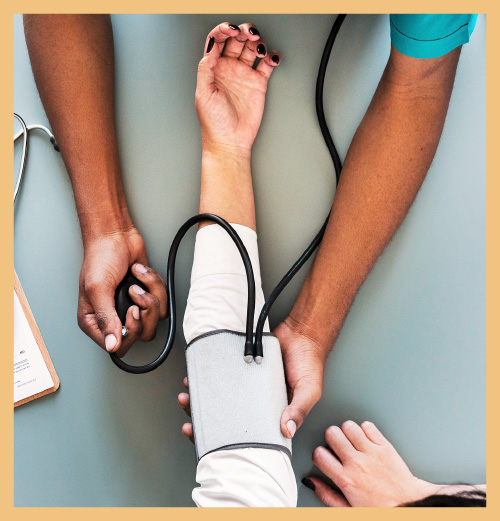
Who will benefit from CREDO-N®?
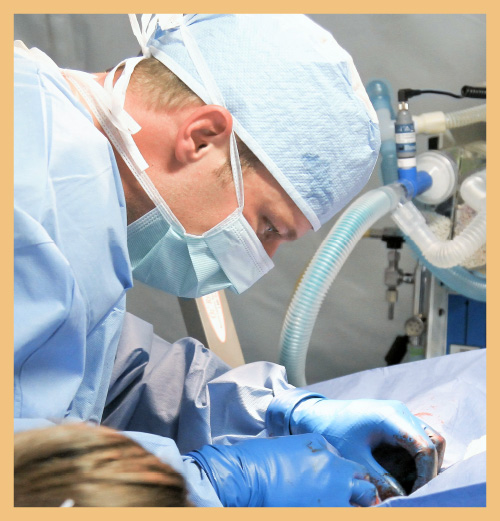
First, CREDO-N® benefits the hospital by advancing and enhancing care concepts and standards. The nursing organisation can now champion the concepts of holistic care, patient centricity and altruistic caring model. Second, CREDO-N® benefits the nursing organisation and its leadership, by providing insights relevant for important people processes such as training, development and professional advancement. Third, CREDO-N® leads to the professional development of the staff nurse and nurse supervisor through exposure to evolved concepts of care and the process of reflective learning. Finally and ultimately, patients benefit from the heightened standards of care. A successful use of CREDO-N® enhances the hospital’s reputation within the community of patients and their families.
First, CREDO-N® benefits the hospital through an enhancement of care concepts and standards. The nursing organisation can now champion holistic care, patient centricity and altruistic caring. Second, CREDO-N® benefits the nursing leadership, by providing insights in the areas of training, development and professional advancement. Third, CREDO-N® leads professional development of the staff nurse and nurse supervisor through evolved concepts of care and the process of reflective learning. Finally and ultimately, patients and their families will benefit from the heightened standards of care.
First, CREDO-N® benefits the hospital through an enhancement of care concepts and standards. The nursing organisation can now champion holistic care, patient centricity and altruistic caring. Second, CREDO-N® benefits the nursing leadership, by providing insights in the areas of training, development and professional advancement. Third, CREDO-N® leads professional development of the staff nurse and nurse supervisor through evolved concepts of care and the process of reflective learning. Finally and ultimately, patients and their families will benefit from the heightened standards of care.
First, CREDO-N® benefits the hospital through an enhancement of care concepts and standards. The nursing organisation can now champion holistic care, patient centricity and altruistic caring. Second, CREDO-N® benefits the nursing leadership, by providing insights in the areas of training, development and professional advancement. Third, CREDO-N® leads professional development of the staff nurse and nurse supervisor through evolved concepts of care and the process of reflective learning. Finally and ultimately, patients and their families will benefit from the heightened standards of care.
Where (in which settings) should you get CREDO-N®?
Get CREDO-N® for your hospital’s nursing organisation if you desire to drive any of the following four imperatives. First is the ‘care concept imperative’ – you want your hospital to adopt advanced concepts and philosophies of care and healing. The second is the ‘care implementation’ philosophy. In this situation, while your hospital has seemingly adopted advanced concepts, you remain unconvinced about the implementation standards of the nursing organisation. The third is the ‘professional growth imperative’ – you feel that the nursing organisation lacks desired skills and mindsets needed to advance concepts of care. Fourth is the ‘reputation imperative’. In this situation, you have observed niggling feedback from patients and families that point to a nursing organisation suffering from weak work ethos and care philosophy.
Get CREDO-N® to drive any of four nursing imperatives. First, ‘care concept imperative’ – do you want your hospital to adopt advanced concepts and philosophies of care and healing? Second, ‘care implementation imperative’: are you unconvinced about the implementation of advanced care concepts in your hospital? Third, ‘professional growth imperative’: does your nursing organisation lack skills and mindsets needed for advanced concepts of care? Fourth, ‘reputation imperative’: have you observed niggling feedback from patients that point to a weak work ethos and care philosophy?
Get CREDO-N® to drive any of four nursing imperatives. First, ‘care concept imperative’ – do you want your hospital to adopt advanced concepts and philosophies of care and healing? Second, ‘care implementation imperative’: are you unconvinced about the implementation of advanced care concepts in your hospital? Third, ‘professional growth imperative’: does your nursing organisation lack skills and mindsets needed for advanced concepts of care? Fourth, ‘reputation imperative’: have you observed niggling feedback from patients that point to a weak work ethos and care philosophy?
Get CREDO-N® to drive any of four nursing imperatives. First, ‘care concept imperative’ – do you want your hospital to adopt advanced concepts and philosophies of care and healing? Second, ‘care implementation imperative’: are you unconvinced about the implementation of advanced care concepts in your hospital? Third, ‘professional growth imperative’: does your nursing organisation lack skills and mindsets needed for advanced concepts of care? Fourth, ‘reputation imperative’: have you observed niggling feedback from patients that point to a weak work ethos and care philosophy?

How does CREDO-N® work?
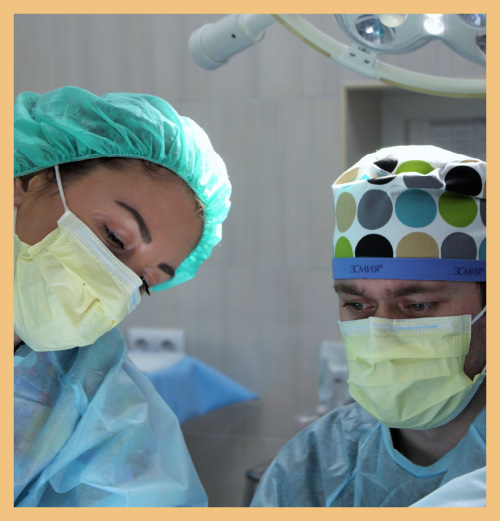
CREDO-N® is a product designed for annual or biennial usage. While using CREDO-N®, you will undergo the four stages of ‘installation’, ‘engagement’, ‘analysis’ and ‘dissemination’ over eight weeks. During the process of installation, you will need to decide product scope by choosing from the options available within the credo elements of ‘philosophy’, ‘skills’ and ‘enabling mindsets’. You will also identify the responders that will include individuals primarily from the nursing organisation and clinical care departments. CREDO-N® will then engage with these individuals through a process of guided reflection and learning. The final CREDO-N® output for hospital leadership will include a diagnostic assessment of the nursing credo, should one exist, and a full set of possibilities for the new or revamped credo statement.
CREDO-N® is designed for annual usage. ‘Installation’, ‘engagement’, ‘analysis’ and ‘dissemination’ takes place in eight weeks. To install, you will decide product scope by choosing from the credo elements of ‘philosophy’, ‘skills’ and ‘mindsets’; identify responders from the nursing organisation and clinical care departments. CREDO-N® will engage with these responders through a process of guided reflection. The CREDO-N® output for hospital leadership will include a diagnostic assessment of the nursing credo, should one exist, and a full set of possibilities for the new or revamped credo statement.
CREDO-N® is designed for annual usage. ‘Installation’, ‘engagement’, ‘analysis’ and ‘dissemination’ takes place in eight weeks. To install, you will decide product scope by choosing from the credo elements of ‘philosophy’, ‘skills’ and ‘mindsets’; identify responders from the nursing organisation and clinical care departments. CREDO-N® will engage with these responders through a process of guided reflection. The CREDO-N® output for hospital leadership will include a diagnostic assessment of the nursing credo, should one exist, and a full set of possibilities for the new or revamped credo statement.
CREDO-N® is designed for annual usage. ‘Installation’, ‘engagement’, ‘analysis’ and ‘dissemination’ takes place in eight weeks. To install, you will decide product scope by choosing from the credo elements of ‘philosophy’, ‘skills’ and ‘mindsets’; identify responders from the nursing organisation and clinical care departments. CREDO-N® will engage with these responders through a process of guided reflection. The CREDO-N® output for hospital leadership will include a diagnostic assessment of the nursing credo, should one exist, and a full set of possibilities for the new or revamped credo statement.
When during the financial year should you get CREDO-N®?
From start, CREDO-N® requires eight weeks for the ‘installing’, ‘engaging’, ‘analysing’ and ‘disseminating’ phases. CREDO-N® is designed to be of a diagnostic nature, and hence can be initiated anytime during the financial or operating year. It is not linked to existing processes within nursing. Rather, it is linked to the existence of the four imperatives outlined above (viz., ‘care concept’, ‘care implementation’, ‘professional growth’ and ‘reputation’ imperatives). Therefore, get CREDO-N® whenever you sense a need for these imperatives, without concern for coordinating with other nursing processes. Nevertheless, you need to ensure that CREDO-N® output gets built into the human resource aspects of nursing such as care standard definition, training and development, and clinical supervision.
CREDO-N® can be initiated anytime during the financial or operating year, since its timing is not linked to that of existing nursing processes. Rather, CREDO-N® is linked to the four imperatives outlined above (viz., ‘care concept’, ‘care implementation’, ‘professional growth’ and ‘reputation’). Get CREDO-N® whenever you sense a need for these imperatives without worrying about coordinating with other nursing processes. Having said that, you should ensure that the output from CREDO-N® gets built into human resource aspects of nursing such as care standard definition, training and clinical supervision.
CREDO-N® can be initiated anytime during the financial or operating year, since its timing is not linked to that of existing nursing processes. Rather, CREDO-N® is linked to the four imperatives outlined above (viz., ‘care concept’, ‘care implementation’, ‘professional growth’ and ‘reputation’). Get CREDO-N® whenever you sense a need for these imperatives without worrying about coordinating with other nursing processes. Having said that, you should ensure that the output from CREDO-N® gets built into human resource aspects of nursing such as care standard definition, training and clinical supervision.
CREDO-N® can be initiated anytime during the financial or operating year, since its timing is not linked to that of existing nursing processes. Rather, CREDO-N® is linked to the four imperatives outlined above (viz., ‘care concept’, ‘care implementation’, ‘professional growth’ and ‘reputation’). Get CREDO-N® whenever you sense a need for these imperatives without worrying about coordinating with other nursing processes. Having said that, you should ensure that the output from CREDO-N® gets built into human resource aspects of nursing such as care standard definition, training and clinical supervision.
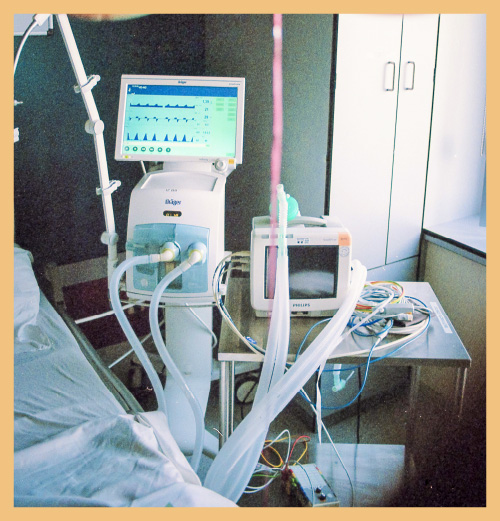
© Copyright 2019 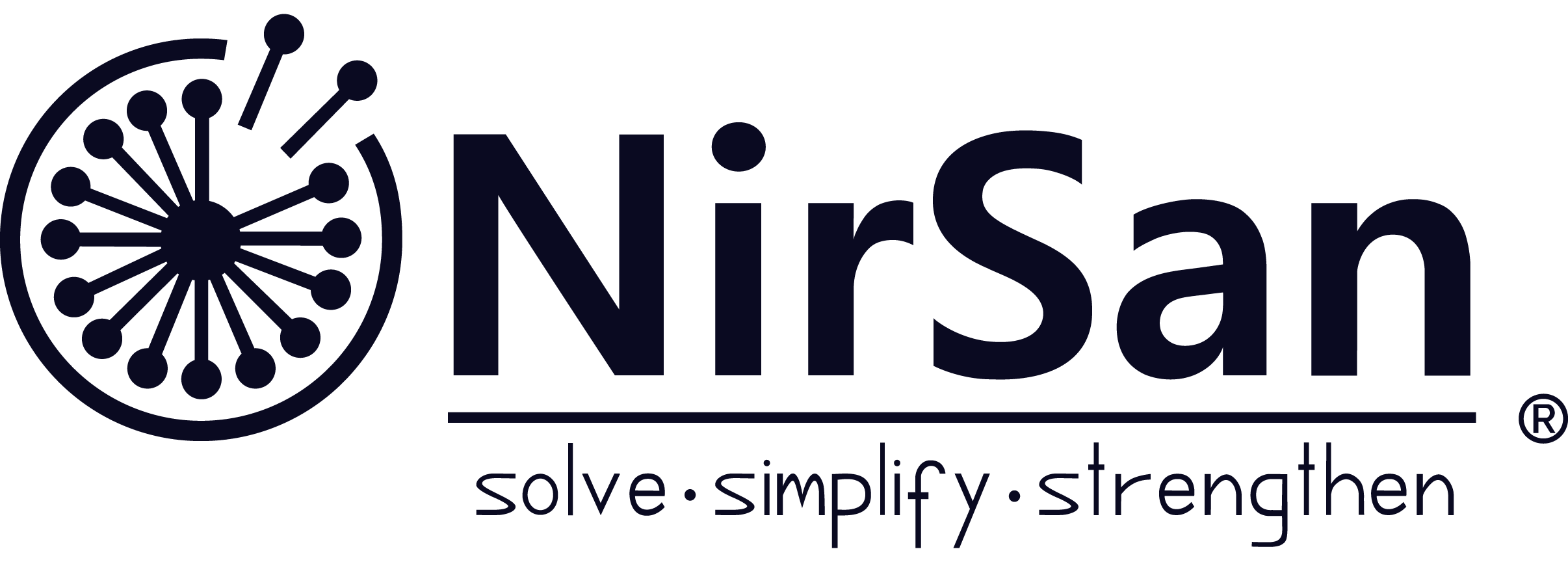 All rights reserved.
All rights reserved.
© Copyright 2019  All rights reserved.
All rights reserved.
© Copyright 2019  All rights reserved.
All rights reserved.
© Copyright 2019  All rights reserved.
All rights reserved.
